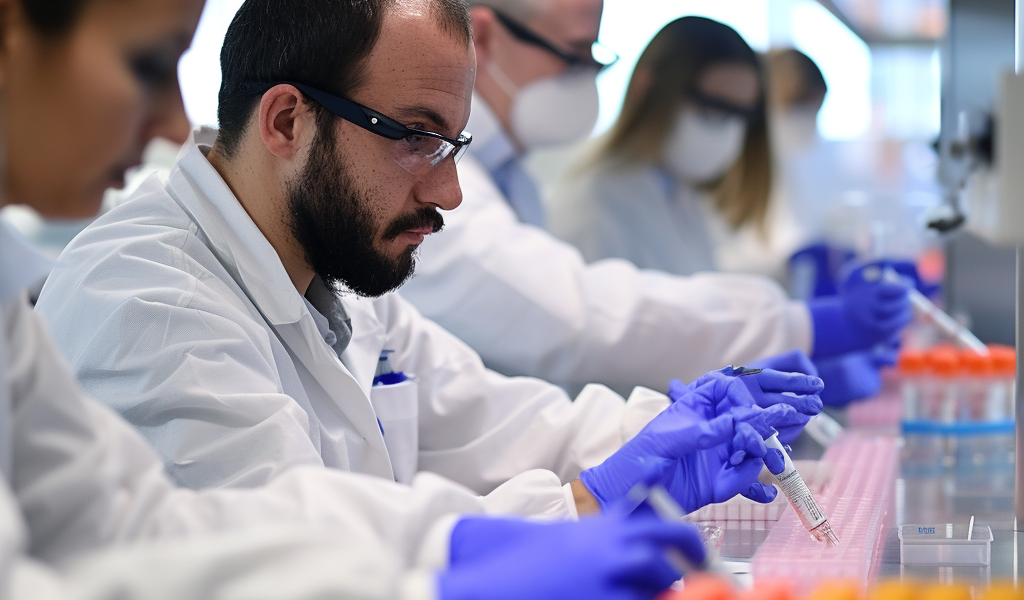First UK patients have received an innovative mRNA therapy for cancer as part of a global trial. The experimental mRNA therapy, known as mRNA-4359, is a type of immunotherapy treatment that aims to help the body recognize and fight cancer cells. The therapy was administered to the first UK patients at Imperial College Healthcare NHS Trust as part of a phase 1/2 clinical trial. The trial’s objective is to assess the safety and potential of the therapy in treating melanoma, lung cancer, and other ‘solid tumor’ cancers.
The mRNA therapy is designed using messenger RNA (mRNA) to present common markers of tumors to the patient’s immune system. This process is intended to train the patient’s immune system to identify and combat cancer cells expressing these markers, and potentially eliminate cells that may suppress the immune response.
Cancer vaccines, including personalized cancer immunotherapies and therapeutic cancer immunotherapies like mRNA-4359, are being explored in clinical trials worldwide. The Mobilize trial, conducted in partnership between Imperial College London and Imperial College Healthcare NHS Trust, has seen the first UK patients receive the treatment at the National Institute for Health and Care Research (NIHR) Imperial Clinical Research Facility at Hammersmith Hospital.
The primary focus of the study is to evaluate the safety and tolerance of the new mRNA therapy when administered alone or in combination with the existing cancer drug pembrolizumab, an immune checkpoint inhibitor. Researchers are also investigating whether the combination of treatments can actively shrink tumors in patients with certain types of lung and skin cancer.
While the experimental therapy is still in the early stages of testing, researchers are hopeful that it may lead to a new treatment option for challenging-to-treat cancers if proven to be safe and effective. Dr. David Pinato, a Clinician Scientist at Imperial College London’s Department of Surgery & Cancer and Consultant Medical Oncologist at Imperial College Healthcare NHS Trust, emphasized the potential impact of the therapy, stating, ‘Despite huge advances in screening, detection, and care, it’s crucial that we continue to develop new treatments for cancer patients. This trial represents an important step forward in our efforts to provide innovative therapies for those with difficult-to-treat cancers.’





